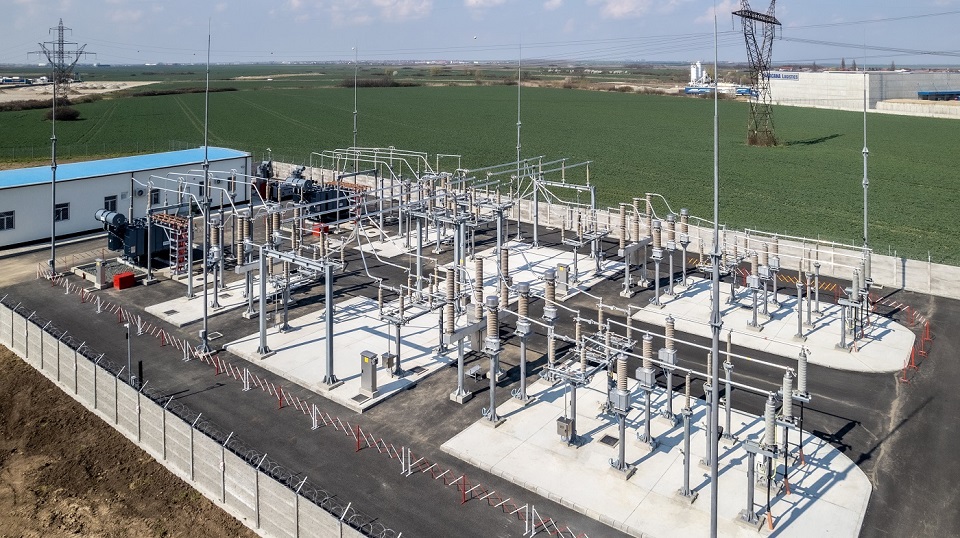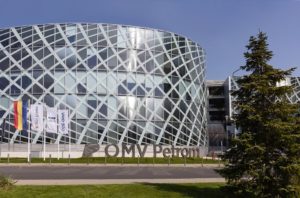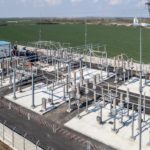Study: The need for additional investments in electricity and gas networks in Romania is 1.1 billion euros annually

The electricity and natural gas distribution infrastructure is undergoing major transformations in the energy transition process, and to effectively respond to technological challenges and unprecedented developments in the production and consumption area, additional investments of around 1.1 billion euros per year are needed. Unlocking these additional investments needed to modernize the networks can bring significant economic benefits to Romania, equivalent to an annual impact of up to 10.6 billion EUR, equivalent to around 3.3% of GDP, according to the study “The economic impact of investments in electricity and gas distribution networks in Romania”, conducted by Valorem for the ACUE Federation.
With this money attracted into the economy annually, 30-40 hospitals, 1,000 schools, or 800-1,000 km of highway could be built.
Energy plays a crucial role in economic development, and energy consumption is closely linked to GDP growth. Therefore, investments in distribution infrastructure are essential for economic competitiveness. Adopting measures to stimulate additional investments in distribution networks will have a positive impact at the macro-economic level, with a multiplier effect of almost 10 times.
According to the Valorem study, the total economic impact of the EUR 10.6 billion was assessed in relation to 3 main pillars of economic growth : 1) multiplication/expansion of infrastructure projects; 2) increase in energy production and distribution; 3) stimulating the economy by attracting new investments.
The structure of the calculated positive impact includes significant fiscal benefits, avoiding losses of over €4.6 billion in taxes, €2.5 billion in additional net wages (which could support over 230,000 jobs) and up to €3.7 billion in corporate net profits that could be reinvested in the economy.
According to the study, over 5 years, stimulating investments in distribution networks could generate an increase in GDP of up to 16.5%.
Volker Raffel, ACUE President and CEO of E.ON Romania: ” Distributors have invested significant amounts in networks – in the case of E.ON alone, more than 2 billion euros since privatization – and have significantly improved quality indicators, such as, for example, the duration of outages. But new technologies are emerging that require an update and it is very clear that investments in energy infrastructure must be accelerated. Any delay not only hinders the energy transition, but also hinders economic growth. Modernizing networks is essential for increasing consumption, for increased access to energy for investors, which means new production units, more factories, new jobs, higher contributions to state budgets, but also the solution for a lower energy price. Establishing an appropriate regulatory framework for the future development of electricity networks will bring economic benefits starting right now.”
Dana Dărăban, Executive Director of the ACUE Federation: “ In the context of the authorities’ natural concern for reducing the final price of energy, it is essential to emphasize an often overlooked truth: without sustained investments in transmission and distribution networks, any effort to reduce costs risks being only temporary. Modern and efficient networks allow for the reduction of
losses, integrating renewable sources – often cheaper –, avoiding congestion and stimulating real competition in the market. In other words, investments in energy infrastructure are not an obstacle, but the very foundation of a sustainable, fair and predictable final price for all consumers”.
Vasile Iuga, Partner Valorem Consulting: “Investments in electricity and natural gas networks have an important impact both for improving energy security and for catalyzing economic growth, sustainability and technological progress. Authorities should consider the multiple benefits resulting from such investments when establishing the regulatory framework.”
Bogdan Belciu, Partner Valorem Management Consulting: “The need for additional investments in electricity and gas networks in Romania is EUR 1.1 billion annually. Through the multiplier effect (indirect and induced), these investments will have an economic impact of over EUR 5.8 billion. In addition, investments in energy networks will create the necessary premises for Romania to have cheap, sustainably produced energy, which will increase Romania’s attractiveness for investments in sectors including data centers, artificial intelligence, metal processing, construction materials and petrochemicals. We estimate that these investments in the Romanian economy can generate additional economic growth of EUR 4.8 billion annually.”
The importance of investments in distribution networks and the associated benefits
- Integration of new energy production capacities, both conventional and from renewable sources, which will contribute to reducing the average wholesale price of energy;
- Efficient use of natural gas as a transitional fuel, respectively, ensuring the necessary infrastructure for the reindustrialization of key sectors, in parallel with stimulating economic growth in related areas;
- Reducing dependence on imports, especially fossil fuels, through the effect of electrification of energy consumption;
- Efficient exploitation of interconnection capacities.
Additional investments in distribution networks have a limited impact on the structure of the final energy price borne by consumers, which is exceeded by multiple economic benefits. The study shows that, in the scenario of unlocking the necessary additional investments, the additional costs in the monthly bill of a Romanian household with average consumption are approximately 5 lei in the monthly electricity bill, respectively 8 lei in the monthly natural gas bill. In the case of non-household consumers, the impact is also bearable, the study revealing a potential average increase of 0.4% in the final energy price.
The increase can be compensated for by absorbing a larger amount of energy at a reduced price, which leads to a decrease in the cost of purchasing energy in the final bill. Respectively the impact per kWh distributed is diminished as total consumption increases due to the intensification of electrification.
Correspondingly, the reduced impact on the final price of energy is due to the strengthening of the financial capacity of distribution operators, who will be able to access additional financing from non-reimbursable sources, reducing the pressure on tariffs. This aspect, combined with a relatively long amortization period of new investments, allows for a balanced distribution of costs for network users.















